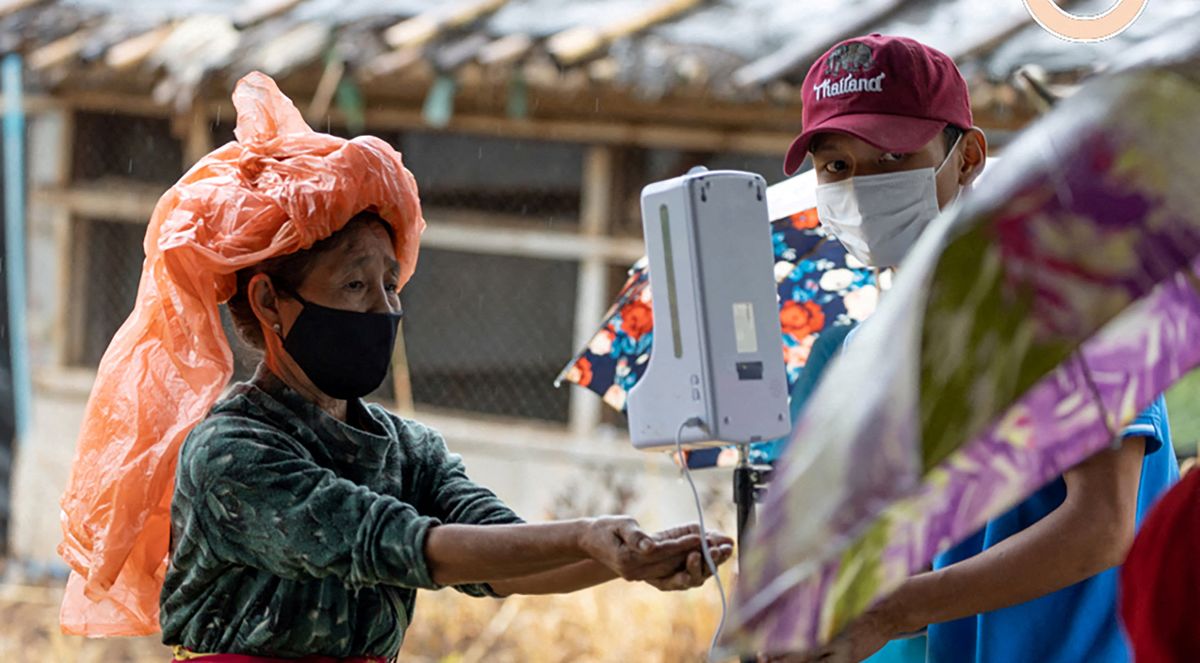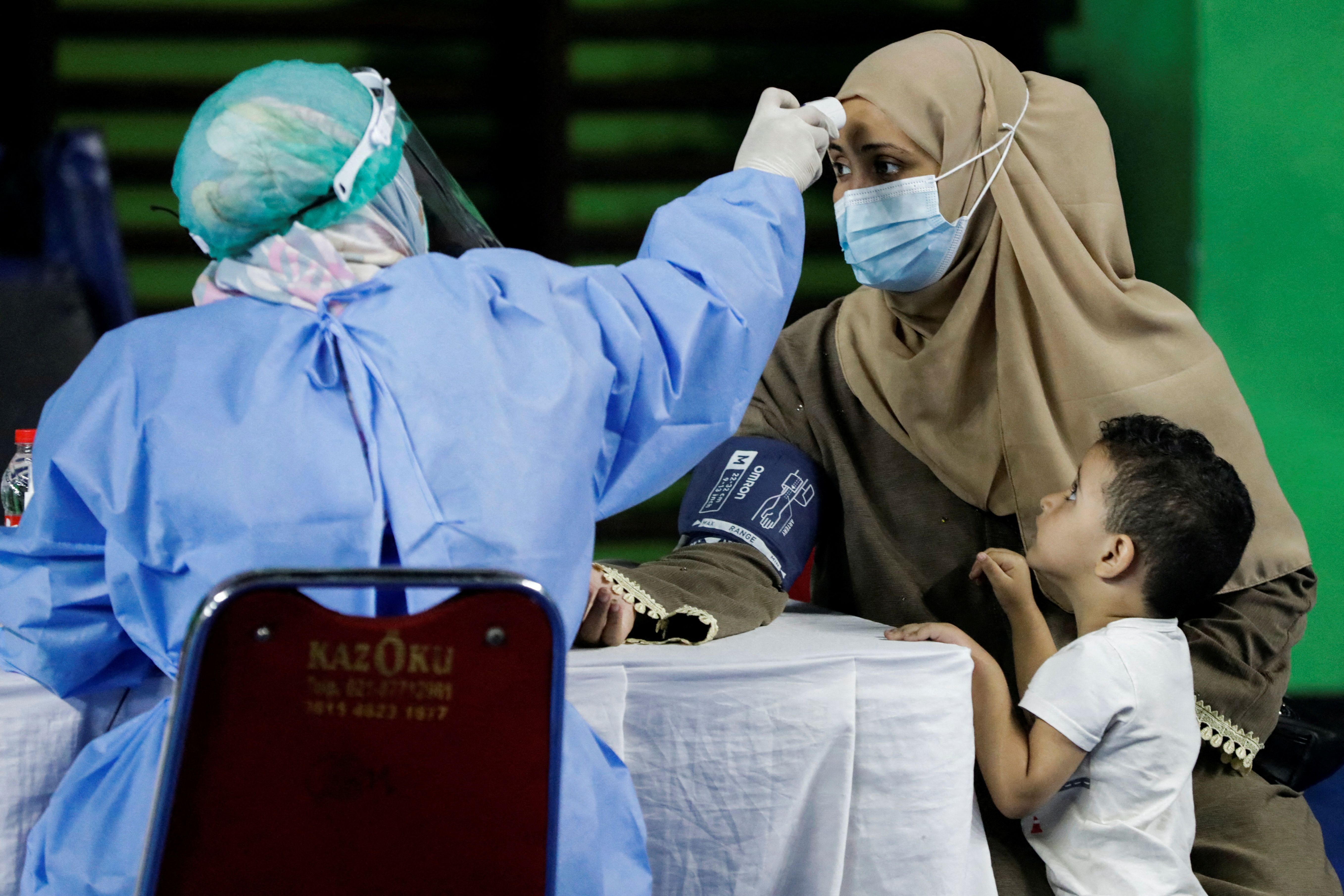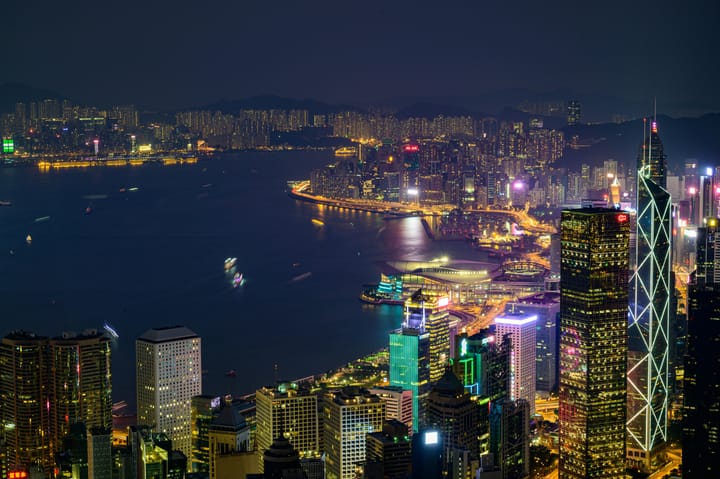Why tens of millions of refugees may be denied COVID-19 vaccines

A few minutes every morning is all you need.
Stay up to date on the world's Headlines and Human Stories. It's fun, it's factual, it's fluff-free.
It’s been two years since the start of the pandemic, but only about 7% of people in low-income countries have received a single dose.
Why are refugees being refused vaccines?
- It’s been two years since the start of the pandemic, but only about 7% of people in low-income countries have received a single dose.
- According to the United Nations (UN), the reasons vary from vaccine hoarding by rich countries, production delays and even legal issues.
- When it comes to the legal aspect of things, this is where things get a bit more complicated. Many vaccine manufacturers are asking that they aren’t held liable for any adverse effects suffered by individuals as a result of being given the vaccine.
Don’t vaccine manufacturers have insurance?
- Well, yes, but some side effects aren’t covered because vaccine development was expedited and some side effects have only recently been discovered.
- As a result, in the interim, the government has agreed to shoulder some of that legal burden, aka indemnify these vaccine makers.
- But if you’re a refugee, you’re out of reach from the government so the same indemnification system can’t be applied.
- According to the UN, about 167 million people risk being excluded from countries and their vaccination efforts because they live in hard-to-reach areas or are excluded from national plans.
What about COVAX?
- So these groups are reliant on COVID-19 vaccines Global Access, otherwise known as COVAX, which is the World Health Organization’s (WHO’s) global vaccine program.
- You can think of COVAX as a last resort for humanitarian groups to get the vaccine distributed to those who need help.
- But because the same indemnification system can’t be applied by the government, even though they reside within their borders, and humanitarian groups can’t be the ones to shoulder this liability because they don’t have the resources, it’s really up to the vaccine manufacturers.
So, why are vaccine makers hesitant?

- According to Gavi, an international organization that brings together the public and private sectors to create access to vaccines, while vaccine makers will provide these groups of people vaccines, they’ll do it in a very limited way through COVAX.
- It’s limited because of the manufacturers’ concerns that the vaccine makers cannot track where and to whom their vaccines are going or how they’ll be used.
- For example, vaccines need to be kept in very specific conditions to remain effective, and in refugee camps, these conditions are harder to control.
- The difficulty with continuously monitoring vaccines for safety in these camps, for example, as well as controlling logistics, is very difficult, said the European Federation of Pharmaceutical Industries and Associations (EFPIA), which represents large pharmaceutical companies in Europe.
- If there are more incidents that emerge afterward from the vaccine, even if unrelated, this could potentially contribute to vaccine hesitancy worldwide.
- “This could then lead to an increased number of litigation cases … during which the safety and efficacy of the vaccine would be publicly questioned," said EFPIA to Reuters.
What do critics have to say?
- Some critics are concerned with the possible ramifications of legal action, while others are more concerned about the spread of the virus.
- The EFPIA points out that if any litigation cases come from giving refugees the vaccine, it could lead to more vaccine hesitancy.
- Mireille Lembwadio, Global Vaccination Coordinator at the International Organization of Migration, a UN-related body that advises governments and migrants, pointed out that leaving these refugees unvaccinated could lead to even more variants spreading.
- “Leaving them unvaccinated could help spread the virus and its variants across the world," she said.
Is anything being done to fix this?
- In some countries, refugee advocacy groups and governments have partnered to distribute vaccines to groups out of reach, such as refugees.
- For example, back in September, a program was started in the small African country of Angola where some 3,580 out of 4,000 refugees have been given COVID-19 vaccines.
- According to the WHO, Angola has administered more than 10 million COVID-19 vaccines in the country of 33 million people.
- The UNHCR Deputy Director for the Regional Bureau for Southern Africa, Angèle Dikongue-Atangana, went and visited the settlement where most of the vaccinations have been administered for refugees and expressed her pride.
- “I am so proud to see refugees receiving their certificates today as proof that they, too, are vaccinated along with the host community,” she said. “Inclusive vaccination programs are essential to contain the pandemic and protect everyone.”
What’s next?
- Three Chinese vaccine makers, Sinovac Biotech Ltd., Clover Biopharmaceuticals and China National Pharmaceutical Group Co., Ltd. (Sinopharm), have agreed to bear legal risks when their shots are delivered through COVAX. And in mid-December, Johnson & Johnson said it would remove the indemnification requirement for vaccines delivered through COVAX.
- “We are proud to be part of this effort to protect the world’s most vulnerable people," said Paul Stoffels, Vice Chairman of the Executive Committee and Chief Scientific Officer of J&J.
- But according to COVAX data, less than one-third of COVAX supplies have come from these four companies. On top of that, the Clover shot hasn’t been approved yet, so it isn’t being used.
- In fact, over two-thirds of COVAX doses have come from Pfizer Inc. and its partner BioNTech SE, AstraZeneca PLC and Moderna Inc., according to Gavi.
- AstraZeneca and Pfizer said they were in talks with humanitarian groups. The two companies and Moderna Inc. all said they are committed to making doses available to poorer nations at relatively low prices. Pfizer also said that it was working directly with governments in Jordan and Lebanon to donate vaccines for refugees.
You drive the stories at TMS. DM us which headline you want us to explain, or email us.




Comments ()